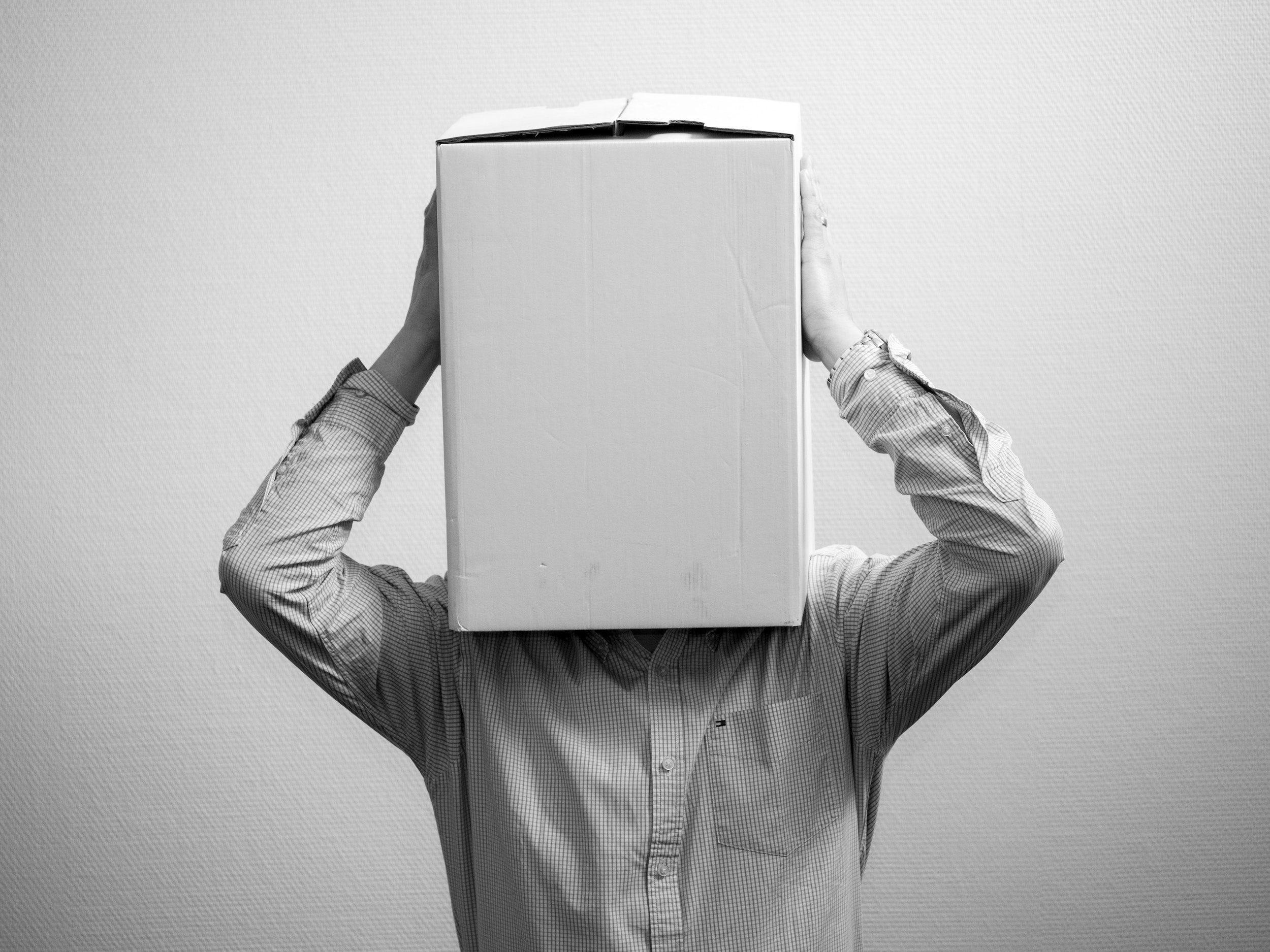The nurse looks at me with pleading eyes, indicating it is my turn to enter the room and help. My daughter’s eyes are full of tears as she wears a weighted, protective vest. She needs a tooth removed to stop an infection, but she won’t even allow them to do an x-ray. Every time they stick the device in her teeth, she screams and kicks her feet. I try to hold her down and keep her calm, but she looks deep into my eyes and says, “daddy, it hurts.”
Now, none of us like going to the dentist. They shove torture devices into a precious orifice. (If you are a dentist reading this, I’m sure you are great. I’m talking about the OTHER ones, not you.) But, my daughter feels things deeply. It’s a superpower. She senses things others miss, which gives her great empathy for others. But it’s also her curse. Her feelings are cranked to 11, causing routine situations—like a dental procedure—to turn into a nightmare. Like any superpower, she needs to learn to harness it and manage it and we’re working on that.
But many adults have the opposite problem. They are more like machines and robots.
Recently, I saw some images of attacks from the conflict in Afghanistan. But it was by accident. Up to that point, I had been avoiding it. I didn’t want to think about it all. More accurately, I didn’t want to feel anything towards it.
It’s all been a lot lately, hasn’t it? Every day are videos of brutality fueled by hatred and discrimination. There are shouting matches from progressives and conservatives, angry and scared. We read stories of full ICU rooms and pandemic effects.
It is exhausting and many of us have become numb. Or maybe more accurately, we numb ourselves.
- Our routines become paths of numbness. We do this and that, without curiosity or engagement or change.
- Phones become an IV. We hook them into our veins, intravenously dripping numbing material.
- We use food and drink as a bandage and salve.
- Entertainment replaces the need to feel or think.
Numbness robs us of our capacity for humanity.
Walter Brueggemann.
The problem is to feel is to be human. We can program machines to solve problems and perform tasks and carry out objectives. But they don’t have emotions. Well, at least not yet. When they do, we are in trouble (see every single sci-fi movie.)
In the dystopian novel “Brave New World”, society has gotten rid of emotion and passion. Progress has eliminated the need for love and pain. A drug call, “Soma” is used to calm everyone. People strap themselves into entertainment devices to numb themselves out with pleasure. They have cast away art and beauty from this society to help people stay happy and productive.
We meet a man called “the savage.” This person has lived outside of society and knows Shakespeare and love and passion. This character clashes with the new society and eventually loses his mind, railing against Soma and the world absent of emotion and passion.
The story haunts me. Things don’t end well for “the savage.” His emotions cause messiness and chaos.
So, I ask myself the question, “who do I want to be in this story?” When I read it, I’m drawn to this character that is fully human. But if I’m honest, most of my life, I seek the “Soma-life.” I look for ways to avoid pain and emotion. I want a utopian world where food is brought to my door and I can eat all that I want. A world where I experience no pain and the news is full of puppies and baby cheetahs frolicking together.
I want zero problems. I want easy and predictable. But this isn’t real. This is a fantasy life, not a human life.
The Humanity of Jesus
When we picture Jesus, many of us see him through our own fantasies. Often we picture him as the ultimate Stoic, like a Jedi-master, unfazed by anything. He knows everything and sees everything, so he just floats around in an orbit above humanity. Of course, there is significant evidence that he was calm and peaceful and relaxed, but that’s not the full picture.
Jesus was fully human, which means he was full of emotion. He was moved to compassion and love and sadness and anger. He grieved, wept, sighed, sobbed, groaned, and experienced agony.*
Through his example, we see the need to engage in the mess of humanity. Instead of avoiding the pain, he walked toward it, eventually leading him on a path of ultimate pain.
Moved by his PASSION.
I understand the temptation to be a robot. But for now, we are human, living in this human world. The fullness of the human story is playing out all around us. The highs of love, pleasure, adventure, and creation. The lows of loss, suffering, injustice, and fear. Sometimes we will be so happy our bodies will tingle with excitement. And other times, it will be so painful that we need to say, “daddy, it hurts.”
But we have a choice. We can move towards our humanity or we can avoid it all. I hope you choose wisely, because we need more humans. We need people that see and are aware—people that don’t ignore the pain all around.
——————–
May you be moved with compassion towards the injustice all around.
May you have the courage to risk the pain and loss that comes with love.
May you refuse the Soma-life and break your routine and cut off your IV of numbness to experience the raw essence of life.
May you choose to be fully human and fully alive.
———————-
This writing has not been approved by the American Dental Association.
*See John 19:25–27; Matthew 9:20–22; Matthew 7:15; John 2:14; John 8:1–11; Luke 10:21; John 11:35; Matthew 23:33; Mark 10:21; John 11:5; Luke 10:21; John 11:33–36; Matt. 20:34; Mark 1:41; 3:5; 8:6; Luke 7:9; 22:15






5 Comments
Beautiful Adam
Thanks so much Kathy!!
Love it Hendy! I may use this for a student message in the future!
Thanks buddy, and that sounds like a great idea!
Thank you!